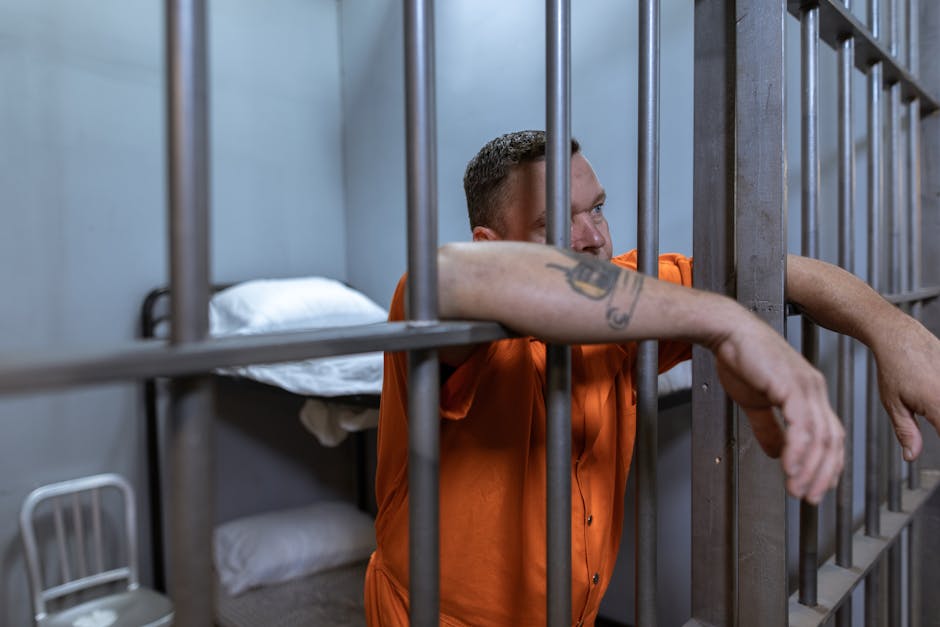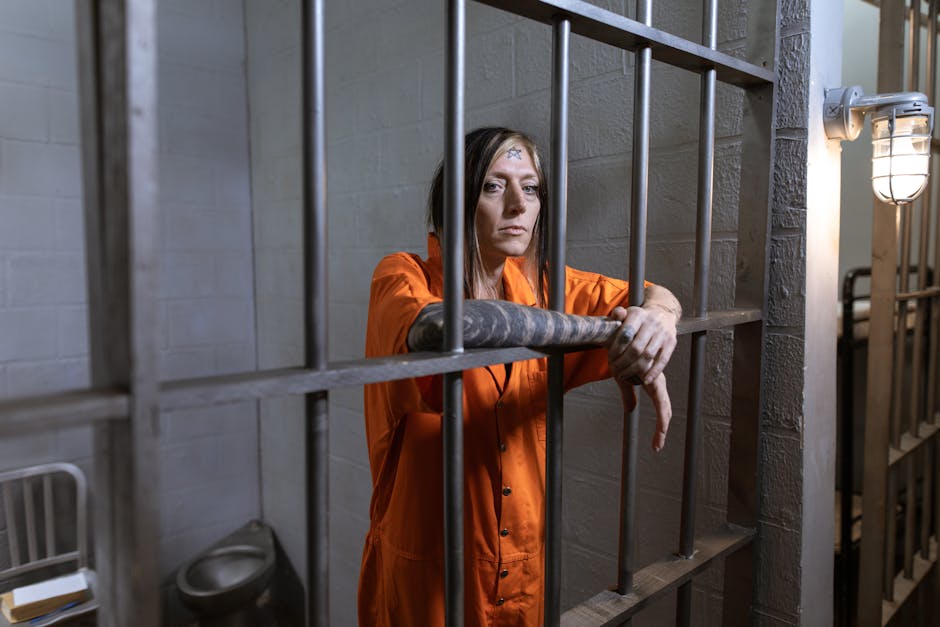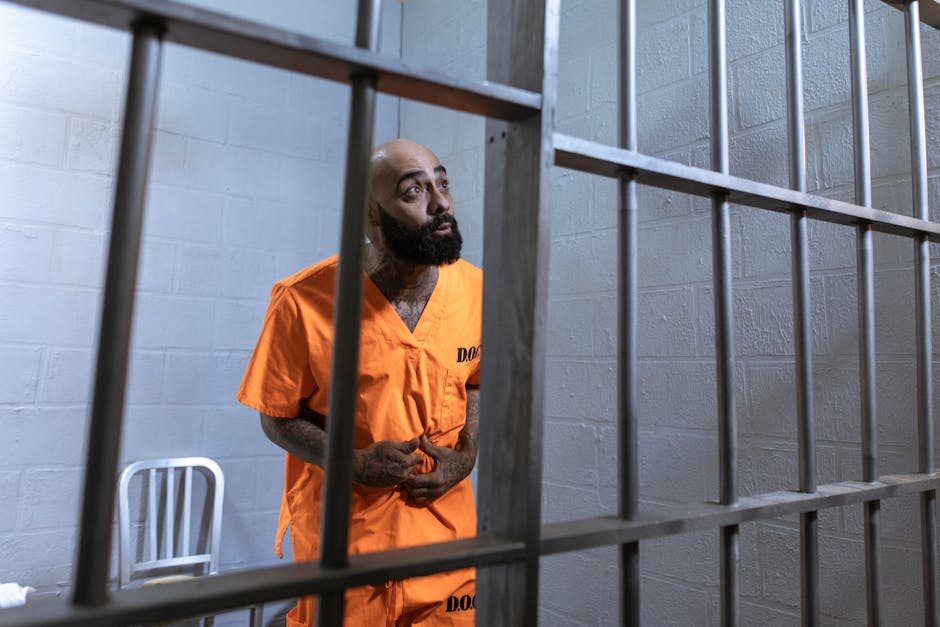Criminal Justice Reform: Progress or Setback?
Have you ever wondered if our justice system truly serves the people? Criminal justice reform is a hot topic today. Many argue it’s a step toward fairness, while others claim it’s causing more harm than good. Lets dive into this critical issue and see where we stand.
What is Criminal Justice Reform?

Criminal justice reform refers to changes made to improve the justice system. This can include laws, policies, and practices. The goal? To create a more fair, effective, and humane system. For example, when we talk about reducing sentences for nonviolent offenders, we’re discussing reform.
Reform can manifest in different ways, such as:
- Reducing mandatory minimum sentences
- Increasing funding for rehabilitation programs
- Addressing racial bias in policing
But why are these changes necessary? To understand that, we need to look at the problems within the current system.
What Problems Exist in the Current System?

The U.S. has one of the highest incarceration rates in the world. According to the World Prison Brief, over 2 million people are currently behind bars. This leads to questions about whether our justice system is working effectively.
Some key issues include:
- Racial Disparities: People of color often face harsher sentences compared to white individuals for similar crimes.
- Overcrowding: Prisons are overcrowded, making rehabilitation difficult.
- Poor Legal Representation: Many people cannot afford good lawyers, leading to unfair trials.
These problems drive the need for reform. But how much progress has actually been made?
What Progress Has Been Made?

In recent years, several states have made significant strides in reforming their justice systems. Some key achievements include:
- Changes to Sentencing Laws: Many states have reduced mandatory minimum sentences for nonviolent offenses.
- Decriminalization: Some places have decriminalized certain drugs, focusing on treatment instead of punishment.
- Increased Transparency: More data is being made available about police practices and outcomes.
For instance, California passed a law allowing early release for inmates who participate in rehabilitation programs. This move could lead to thousands of people rejoining society sooner, giving them a chance to rebuild their lives.
Are There Setbacks to Reform?

While there has been progress, setbacks are also evident. Some reforms face backlash. Critics argue that leniency could lead to increased crime rates. This raises a crucial question: Is reform making us safer?
Moreover, some reforms are not applied evenly. For example, while some areas see police reform, others don’t. This inconsistency can undermine the overall goals of reform. And, some people worry that reforms might let dangerous individuals back onto the streets.
In addition, funding for programs aimed at rehabilitation can fluctuate, making it hard to maintain progress. As a result, the journey toward a more just system can feel uneven.
What Do Experts Say About the Future of Reform?
Experts are divided. Some believe we’re on the right path, while others are skeptical. For example, Dr. Angela Davis, a well-known activist, states, Real change will take time and persistence. She emphasizes the importance of community involvement in pushing for consistent reforms.
On the other hand, some have pointed out that reform efforts might stall without strong public support. As community members, we must stay informed and engaged in these discussions. Your voice matters!
What Can You Do to Support Reform?
Want to be part of the change? Here are some actionable steps you can take:
- Educate Yourself: Read about local laws and proposed reforms.
- Engage Your Community: Join local advocacy groups focused on criminal justice reform.
- Vote: Support candidates who prioritize justice reform during elections.
Staying informed and active helps ensure that progress continues. Together, we can push for a system that works for everyone.
what’s Next in Criminal Justice Reform?
Looking to the future, the landscape of criminal justice reform is likely to evolve. New challenges will arise. Issues like mental health treatment in the justice system and technology’s role in policing will be front and center.
Also, as society changes, so will our understanding of what justice means. Will we focus more on rehabilitation than punishment? Only time will tell.
Conclusion: Progress or Setback?
The journey of criminal justice reform is complex. There are both successes and setbacks. While progress is evident, challenges remain. Understanding and addressing these issues is crucial as we move forward.
As you reflect on these points, consider how you can contribute to positive change. Staying informed is the first step. Engage in conversations, educate others, and advocate for reforms that promote fairness and justice.
In conclusion, criminal justice reform is not just a policy issue; it’s a matter of human rights and dignity. Together, we can shape a system that reflects our values of justice and equality.
For more insights on related topics, check out this article on the Sentencing Project.



